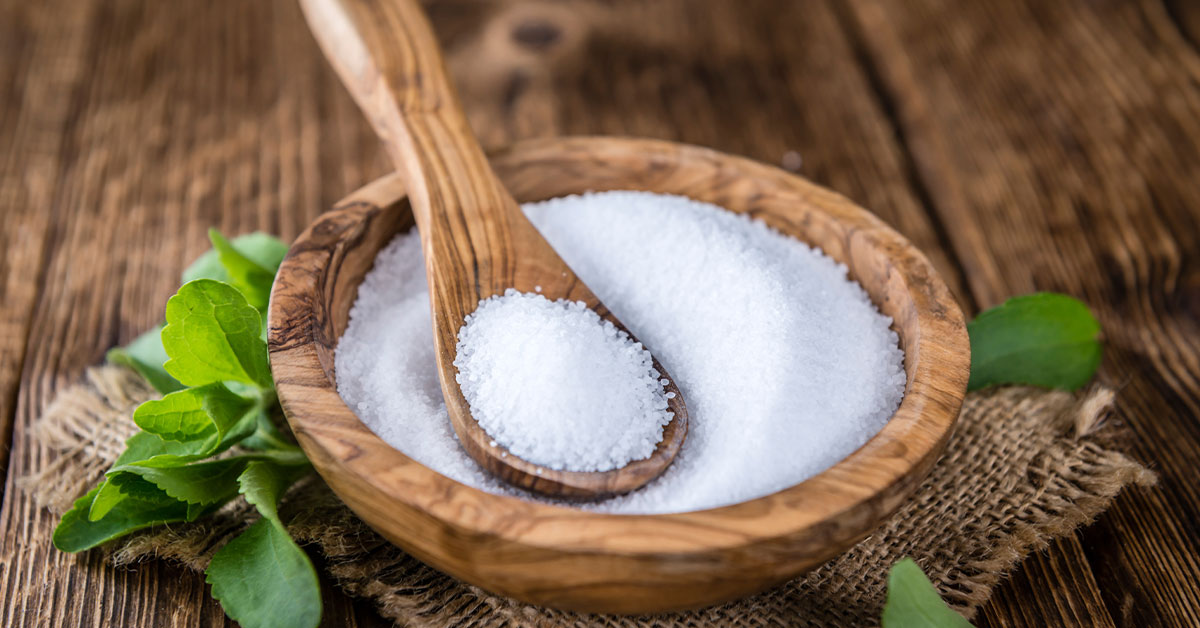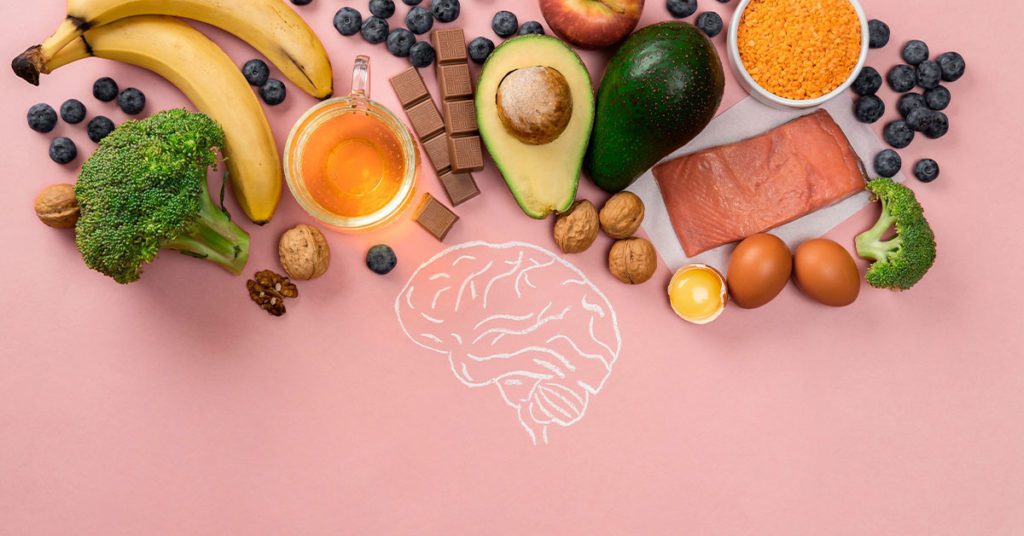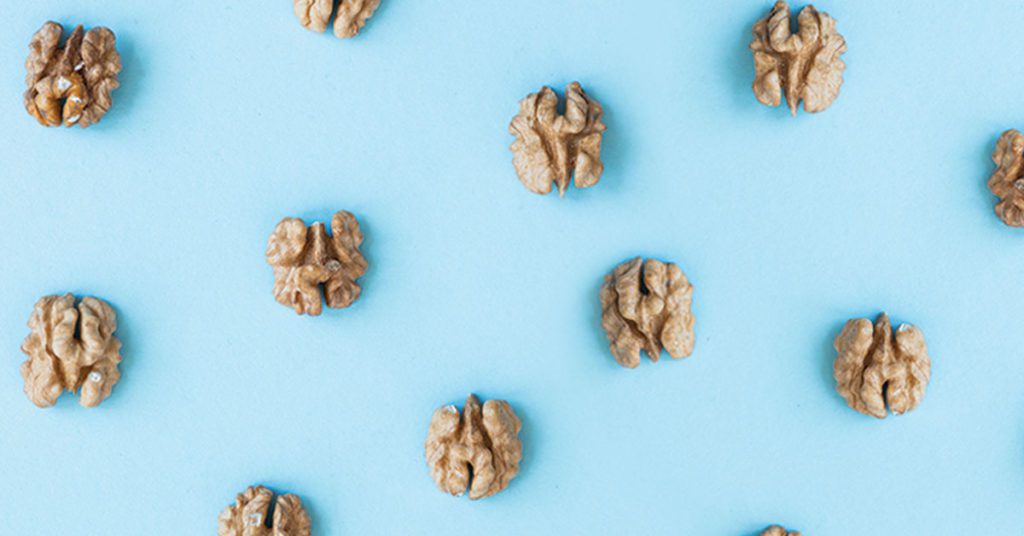You may have heard of the keto diet—a high fat, low carb diet that helps your body process energy efficiently. However, many common sweeteners, like table sugar or honey, interfere with ketosis by causing your blood sugar levels to rise. Keto sweeteners provide a healthy alternative to flavor foods without the high amounts of sugar and carbs. Find out the best keto sweeteners and why you should include them in your diet to support overall health.
What Is the Keto Diet
What’s the secret to living a long, healthy life? People have always looked for the answer to longevity. Today, science allows us to find answers beyond searching the world for a Fountain of Youth.
Neurologist Dr. Dale Bredesen has a special interest in this age-old question. He has worked with thousands of Alzheimer’s patients, exploring ways to prevent cognitive decline as we age.
Thanks to Dr. Bredesen’s research, we’ve gained a better understanding of how healthier eating habits support long-term health. His research recommends a mild keto diet rich in high-fat foods while limiting sugars and carbohydrates. This helps reach ketosis—a metabolic state in which the body burns fat as its primary source of energy.
Related: Dr. Bredesen developed his KetoFLEX 12/3 diet to optimize metabolism. Find out more: What Is The Bredesen Diet?
What Are Keto Sweeteners?
According to the American Heart Association, adults in the United States consume an average of 77 grams of sugar per day. That adds up to about 60 pounds of added sugar annually. (That’s 10 pounds heavier than the weight limit of a suitcase on an airplane!)
The body doesn’t react well to all that sugar. Too much sugar can cause inflammation, high blood pressure, heart attacks, weight gain, diabetes, and fatty liver disease.
Not all sugars are equal when it comes to your health. Traditional sweeteners, like white or brown sugar, honey, maple syrup, and coconut sugar, contain pure sugar (sucrose) and high amounts of carbohydrates. They have a high glycemic index that interferes with a healthy metabolism and causes blood sugar levels to spike.
Some artificial sweeteners contain harmful chemicals. To replace the sugary taste, many diet sodas switch in aspartame—a chemical that may increase the risk of cancer.
Keto sweeteners provide a healthier alternative to sweeten foods without the high amounts of sugar and carbs. They do not interfere with a ketogenic metabolic state and have little impact on blood sugar or insulin levels. Many of them come from natural sources, like fruit, and do not have harmful side effects like artificial sweeteners.
Switching to a keto diet can also help reduce cravings for all those sugary foods people tend to overconsume. A small study found that participants stopped craving sugar after six days of following a ketogenic diet.
Best Natural Keto Sweeteners
So which sweeteners can you use to flavor foods without compromising your health? A number of sweeteners for keto contain no sugar, carbohydrates, or calories and keep your metabolism healthy. Try these no-carb, keto-friendly sweeteners to flavor food naturally.
Monk Fruit Sweetener
- No calories
- No carbohydrates
- No sugar
- No harmful side effects
Monk fruit, also called luo han guo, comes from the extract of a popular fruit that grows in Southeast Asia. It has no calories and tastes 100 times sweeter than sugar, making it great for a ketogenic diet. Keep in mind that some monk fruit sweetener brands balance the sweetness of the extract with dextrose, a type of sugar that usually comes from corn or wheat.
Stevia
- No calories
- No carbohydrates
- No sugar
- Appears safe with low toxicity levels
Stevia comes from the leaves of the South American plant Stevia rebaudiana, which is in the sunflower family. Stevia keto sweeteners contain active sweet compounds, called stevia glycosides, extracted from the leaves. It tastes 50-350 times sweeter than sugar without the calories, carbohydrates, or sugar, making it a great alternative sweetener. Although not FDA approved, stevia glycosides are “generally recognized as safe” (GRAS).
Erythritol
- Contains low levels of sugar
- Contains low levels of carbohydrates
- No calories
- Safe to consume
Erythritol sugar alcohol occurs naturally in fruits and fungi like grapes, peaches, pears, watermelons, and mushrooms. It can also develop during the fermentation process when making wine, beer, or cheese.
Erythritol tastes similar to table sugar and comes in the form of white crystal granules or powder. The small intestine absorbs it quickly. Erythritol doesn’t have a chance to metabolize and turn into energy in the body. The World Health Organization (WHO) approved erythritol, and the FDA considers erythritol safe to consume.
Xylitol
- 3 calories per gram
- 4 grams of carbs per teaspoon
- May cause digestive issues
Xylitol alcohol sugar tastes just as sweet as the sugar on your table! It comes in products like sugar-free gum, candy, and mints. Xylitol contains 3 calories per gram and 4 grams of carbs per teaspoon (that compares to white sugar with 4 calories per gram and 5 grams of carbs per teaspoon). Although it contains sugar and carbohydrates, xylitol is still considered a keto-friendly sweetener because it does not raise blood sugar or insulin levels like table sugar does.
Yacon Syrup
- 7 calories per teaspoon
- 3.7 grams of carbohydrates per teaspoon
- 2.3 grams of sugars
Yacon syrup comes from the roots of a yacon plant, a tuber native to South America. it’s sweet flavor comes from fructooligosaccharides (FOS), a type of fiber, as well as simple sugars like sucrose, fructose, and glucose. However, our bodies can’t digest a large amount of its sugar, which makes yacon syrup keto-friendly. It doesn’t affect blood sugar the same way that regular sugar does.
Sweeteners to Avoid on a Keto Diet
Over the years, certain alternative sweeteners, like agave syrup or honey, may have gotten a reputation as a healthier option than table sugar. However, you should avoid some of these sweeteners if you want to follow a keto diet.
Honey
- 20 calories per teaspoon
- 6 grams of sugar per teaspoon
- 6 grams of carbohydrates per teaspoon
This sweet-tasting substance made from bees has lots of health benefits. It contains nutrients, like iron, zinc, and potassium. It has antioxidants, which help reduce free radical damage in the body. It may also provide cough relief to soothe your throat. But, honey has high amounts of sugar and carbohydrates which interfere with a ketogenic diet. Your best bet: eat in moderation or consult your doctor.
Coconut Sugar
- 18 calories per teaspoon
- 5 grams of sugar per teaspoon
- 5 grams of carbohydrates per teaspoon
Coconut sugar comes from the sap of the coconut palm. It contains small amounts of inulin, a type of soluble fiber that reduces the likelihood of sugar spikes. However, it still contains 5 grams of carbohydrates per teaspoon, so best to skip this sweetener.
Agave
- 21 calories per teaspoon
- 4.7 grams of sugar per teaspoon
- 5 grams of carbohydrates per teaspoon
Agave has gotten a reputation as a vegan alternative to honey. But, those who want to stick to a keto diet should note that agave consists of 85% fructose. This can raise blood sugar levels and impact metabolism.
Maple Syrup
- 17 calories per teaspoon
- 5 grams of sugar per teaspoon
- 4 grams of carbohydrates
This beloved pancake topping comes from the sap of a maple tree. The golden-brown syrup contains healthy minerals, like zinc, copper, calcium, iron, magnesium, and potassium. However, it has a high amount of sugar, so you may want to pass on it at your next Sunday brunch.
So What Is the Best Sweetener for Keto?
Consuming lots of sugar every day can wreak havoc on your system. To satisfy your sweet tooth, switch to a natural sweetener as a sugar alternative. We recommend monk fruit extract, stevia, and erythritol. These keto sweeteners still add that sweet taste to your favorite coffee, teas, and baked goods, without the harmful impacts of regular sugar.
Check out our new keto recipe guide, Food for Thought: Recipes for a Healthier Brain.






